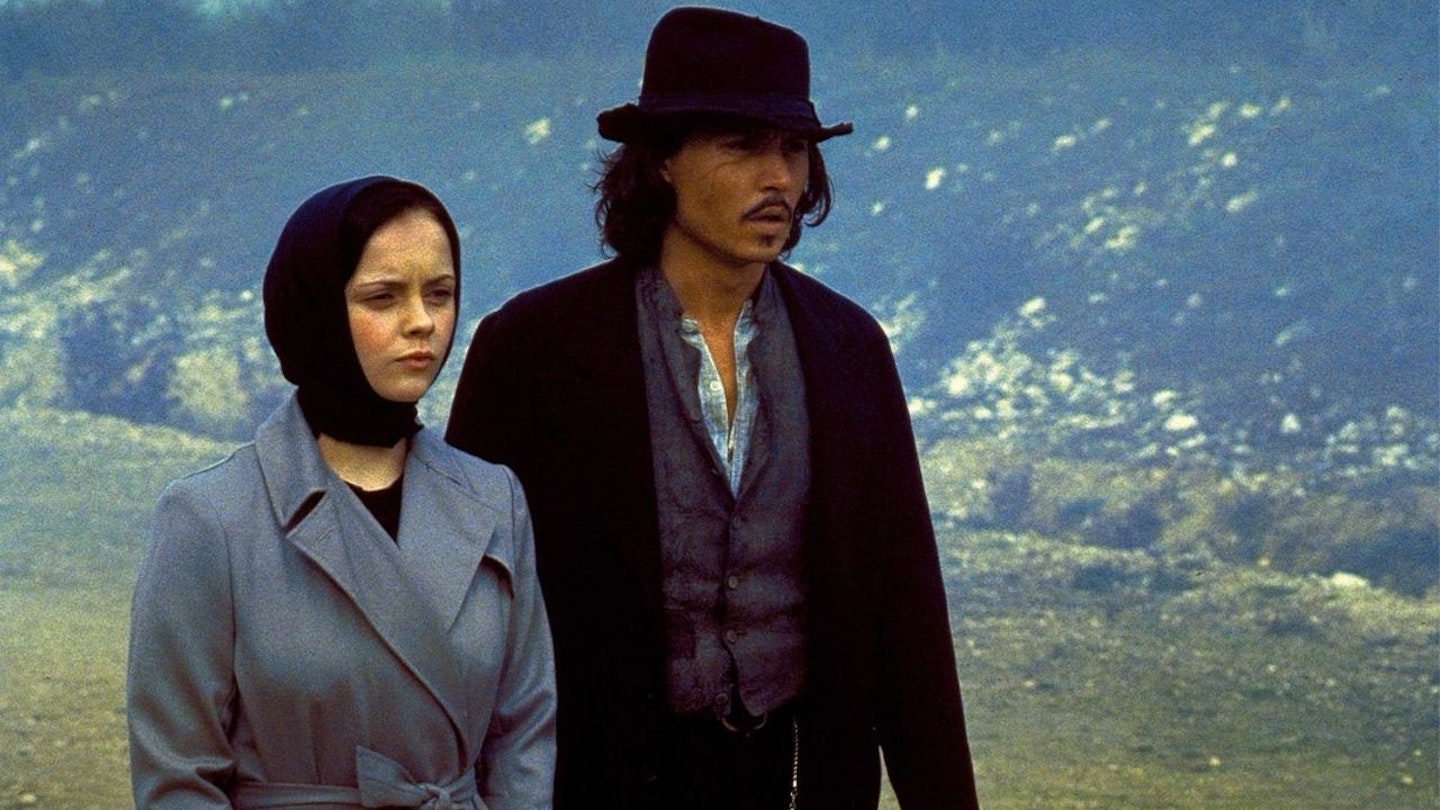Although Johnny Depp does make the odd movie to keep himself in pool cleaners (Nick Of Time (1995), The Astronaut's Wife (1999)), his career choices tend more towards quality than payday quantity. And this is firmly in the quality camp, Orlando (1992) director Potter using an artist's eye to frame her tale of '30s refugee life. Indeed, it's difficult to recall a more gorgeous sequence than the opening scene in which Jewish-Russian nipper Suzie (newcomer Claudia Lander-Duke) plays hide and seek with her father (Tarkovsky regular Oleg Yankovsky) in a fairytale forest. Sadly, Suzie's life is shattered when first pa departs for America and then she is forced to follow in the wake of a pogrom.
She ends up, however, in suburban Britain, where she is forced to forget her heritage and integrate with English society. But Suzie (now played by Ricci) still dreams of finding her father in America, and to finance the journey bags a dancing gig in pre-War Paris alongside gold-digger Lola, who soon has her heart set on the fascist Dante Dominio. Suzie, meanwhile, is drawn to gypsy horse-handler Cesar, despite the fact he spends half his time brushing up equine excrement.
Thus, firmly established as Paris' least Aryan couple, you just know bad times will be a-coming for Ricci and Depp once the Nazis waltz into town. And bad times there certainly are, thanks largely to Turturro, who, having once been employed by Stanton's Jewish promoter, is keen to gain favour with his new overlords. Actually, Turturro's character is such a comedy villain that you expect him to start growing a moustache just so he can twiddle it.
That apart, the result is an achingly beautiful and quite touching movie, which also serves as a timely reminder that being a refugee is very much one of those there-but-for-the-grace-of... scenarios.
